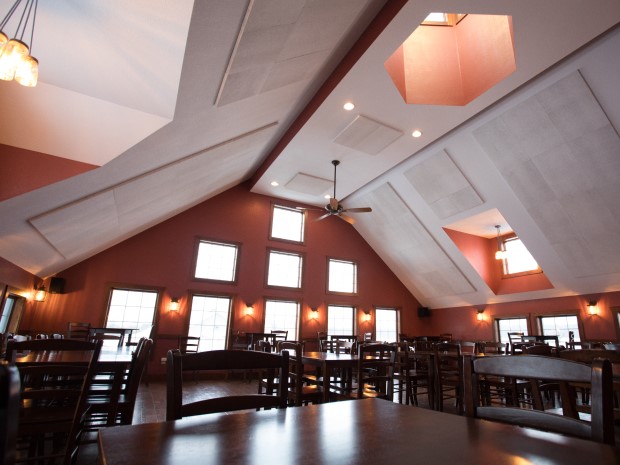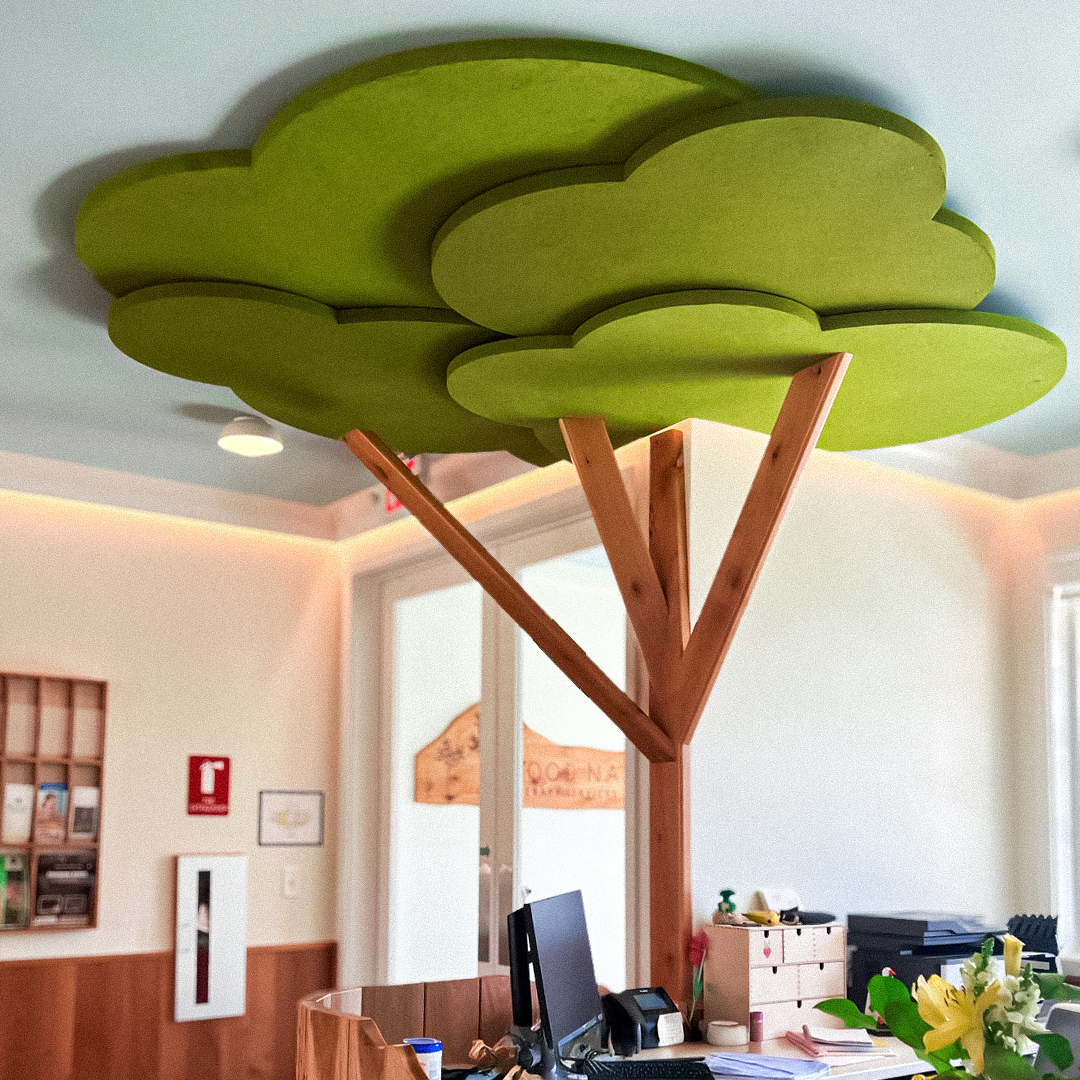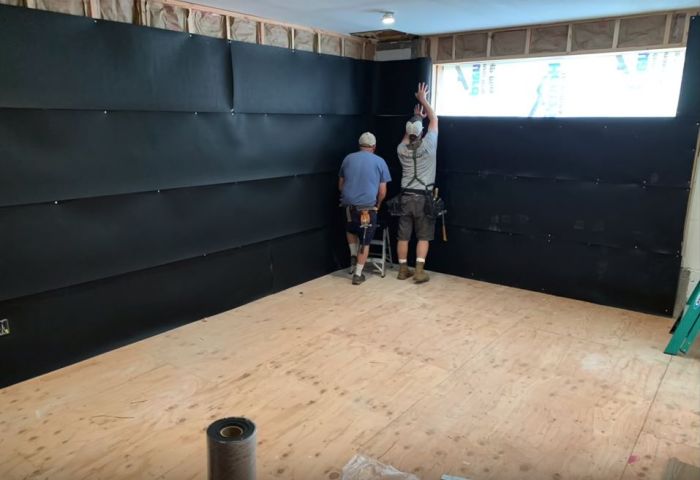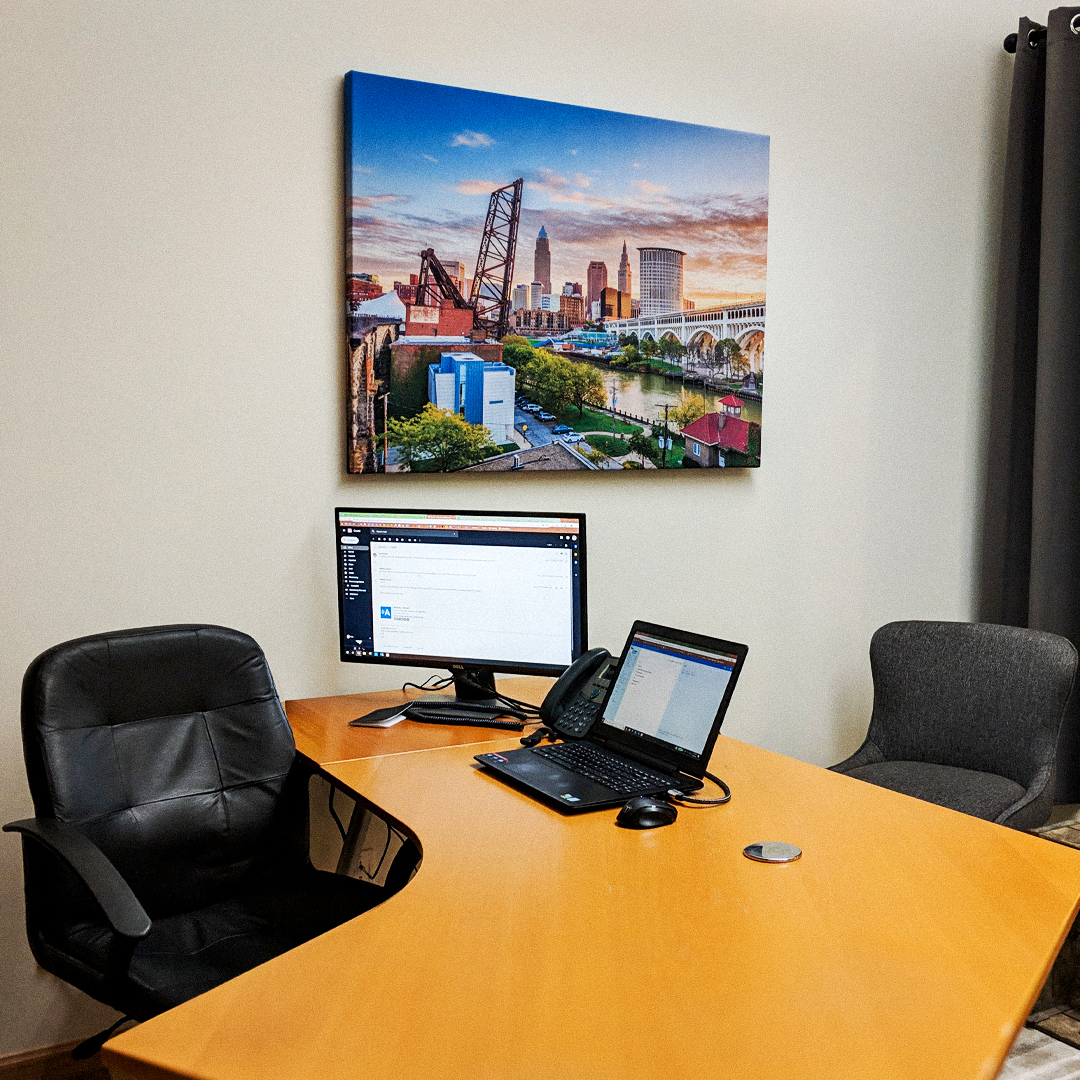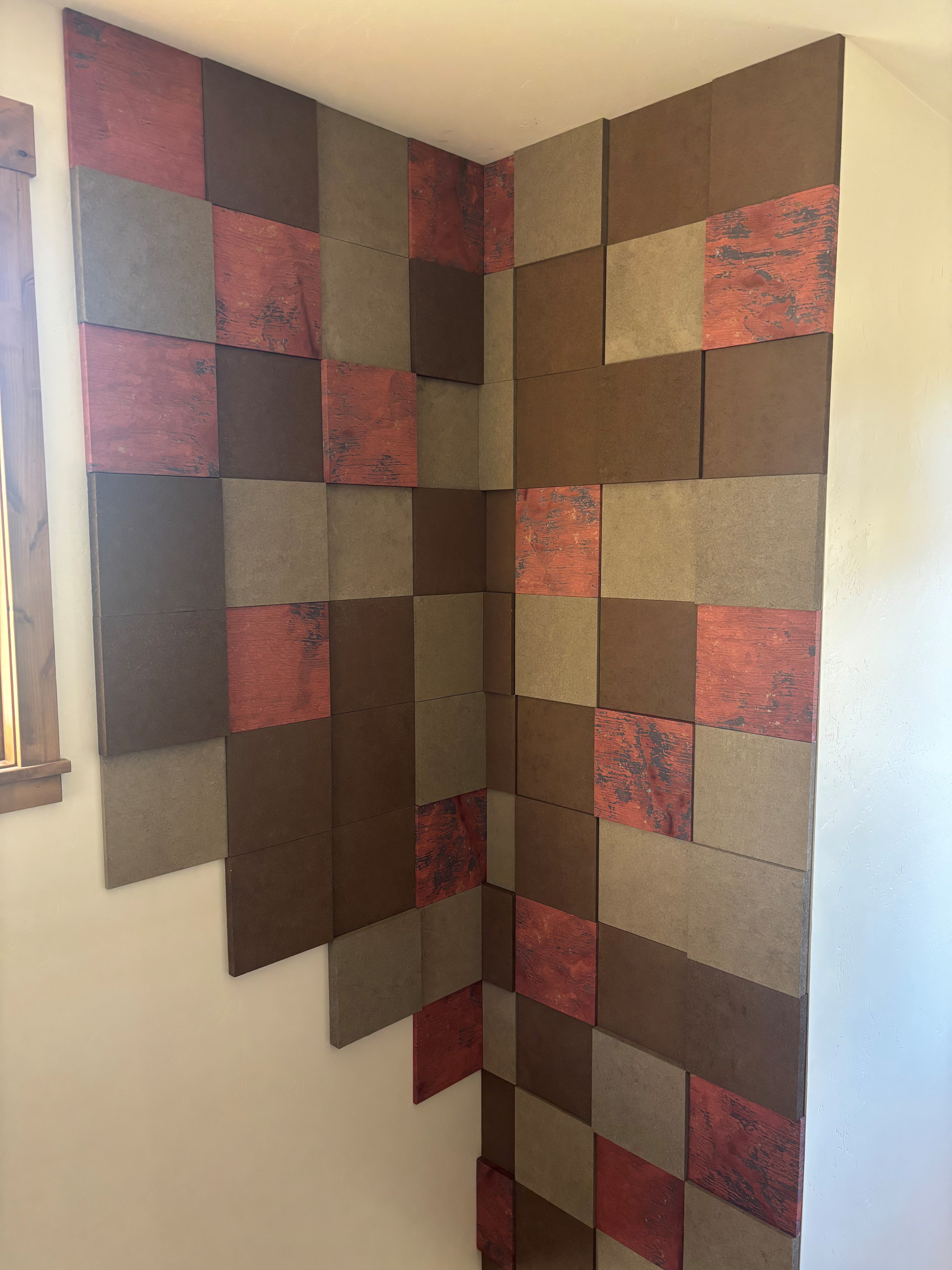How to Soundproof an Apartment (For Renters and Tenants)
- Sep 15, 2025

Anyone who has ever lived in an apartment, duplex, dorm room, or any other type of multi-unit housing knows that noise from fellow tenants can be an ongoing issue. In fact, a 2017 survey from HotPads found 26% of renters regretted their apartments' noise level, while a 2022 study determined 54% of renters surveyed wanted some form of "noise insulation" for their home.
Simply put, noise levels and sound containment are a huge issue for renters. Unfortunately, there's usually nothing they can do about it: soundproofing involves increasing mass and significantly reducing air flow to keep sound from getting through. It usually requires new construction such as tearing up walls or adding a drop ceiling, and most leases and rental agreements explicitly forbid the tenant doing any renovation or construction work on the unit without first obtaining the permission of the owner. That permission is unlikely to be granted.
The short-term nature of apartment living is also a deterrent. Even if a renter had permission from the landlord and could spend the time and money to install soundproofing materials, they'd be fixing a problem that would no longer be theirs once they moved out of the apartment.
All that said, let's look at a few ways to control sound entering your apartment.
1. Talk to Your Landlord
First things first: reach out to your landlord (or the property management company that handles your apartment) to discuss the sound issues you're facing. If these noise complaints have been persistent among other residents in the building or former occupants of your apartment, your landlord may decide it's finally time to install soundproofing or noise-blocking materials to resolve the problem once and for all.
2. Add Sound-Blocking Materials
Let's assume your landlord is NOT going to add soundproofing materials and also has NOT given you permission to do so. You're on your own, and you need some way to mitigate the sound you're hearing. And you need solutions that won't cause permanent damage to the unit you're renting.
Start by identifying places in your apartment where sound is entering. Doors and windows are two big culprits.
For doors, consider adding a door sweep or some kind of door seal kit. Since sound waves can travel anywhere that air can go, the gaps around a door are particularly vulnerable to sound transmission. Caulk and weatherstripping are also options, but will be more difficult to remove if you move out of the apartment.
Similarly, gaps around windows should be addressed. Thick curtains hung over windows may help to dampen some sound entering from the outside. There are also DIY window plugs or inserts made with mass-loaded vinyl that can help. While these DIY solutions may be more cost-effective than off-the-shelf solutions, they also require labor and tools, and as such may not be an option for everyone.
isolé® Sound Barrier Sheet from Audimute was designed to be mounted over doors and windows to block sound. Instead of a layer of Mass-Loaded Vinyl, isolé uses Peacemaker®, an eco-friendlier alternative made with 90% post-consumer material. It's also portable, allowing you to take it with you when you move out of your apartment.
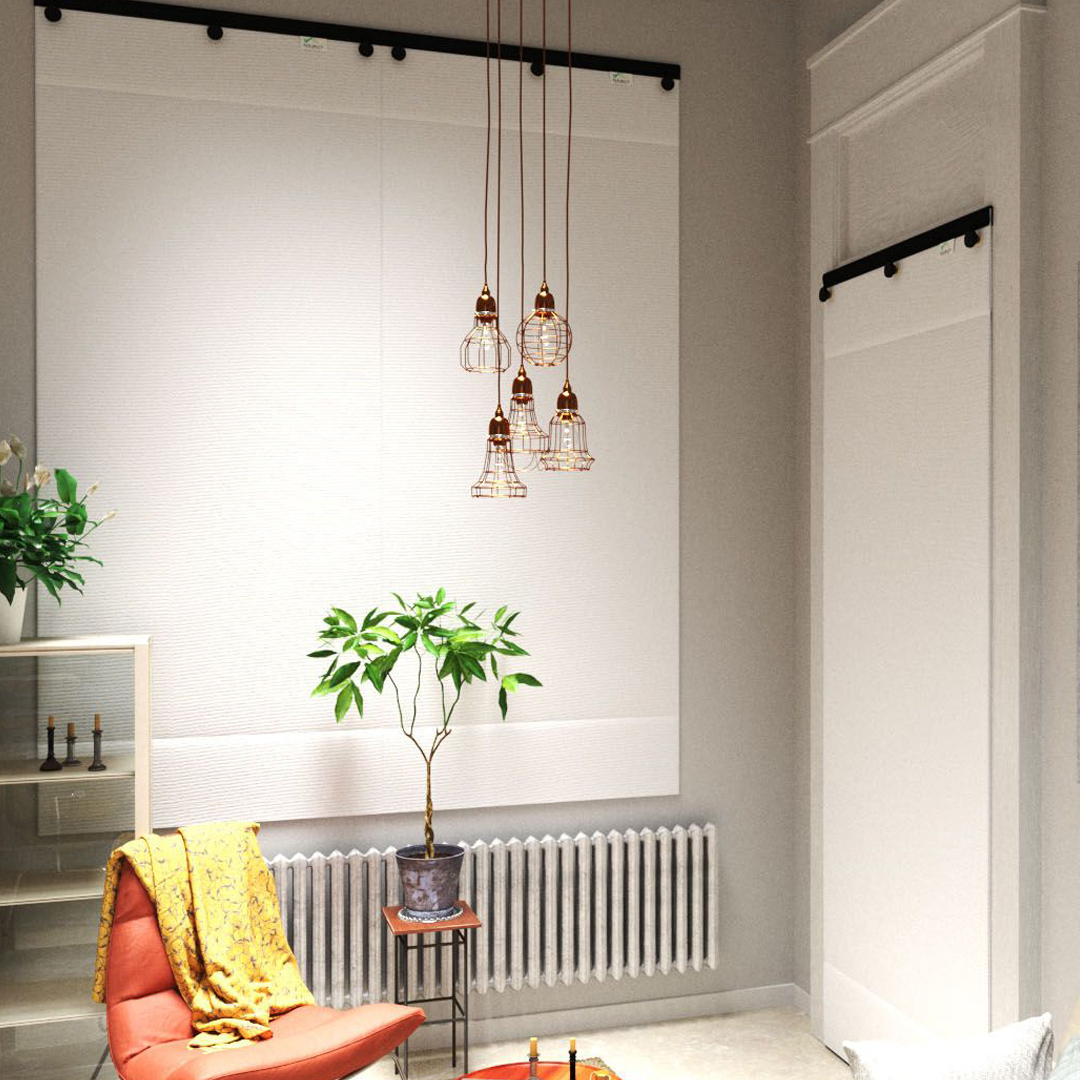
Peacemaker is also available on its own in 3mm and 6mm thicknesses. It can be used for DIY soundproofing solutions such as window plugs, or it can be applied in more permanent construction-heavy soundproofing solutions such as decoupling walls, adding a drop ceiling, or subflooring. Again, however, these installations usually require thousands of dollars and permission from your landlord, and, in many cases, your local government.
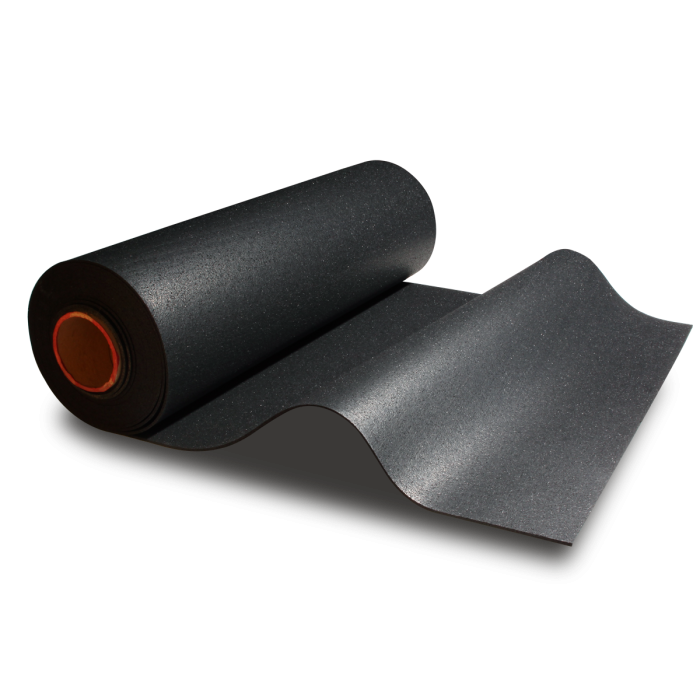
3. Talk to Your Neighbors
It's the simplest solution ... and maybe the most difficult. But it's usually easier to control sound by going to the source of it. If your upstairs neighbor's footsteps are easily heard in your apartment, for example, talk with them about adding a thick rug to the floor area above your unit. Similarly, if their TV or stereo can easily be heard from your apartment, talk with them about lowering the volume or agreeing to certain "quiet hours".
There's unfortunately not an easy solution for soundproofing in apartments or dorm rooms, but by working with your neighbors, reaching out to your landlord, or adding temporary solutions over doors, windows, and other sound entry points yourself, you may be able to find a solution that makes the noise a little more tolerable.


